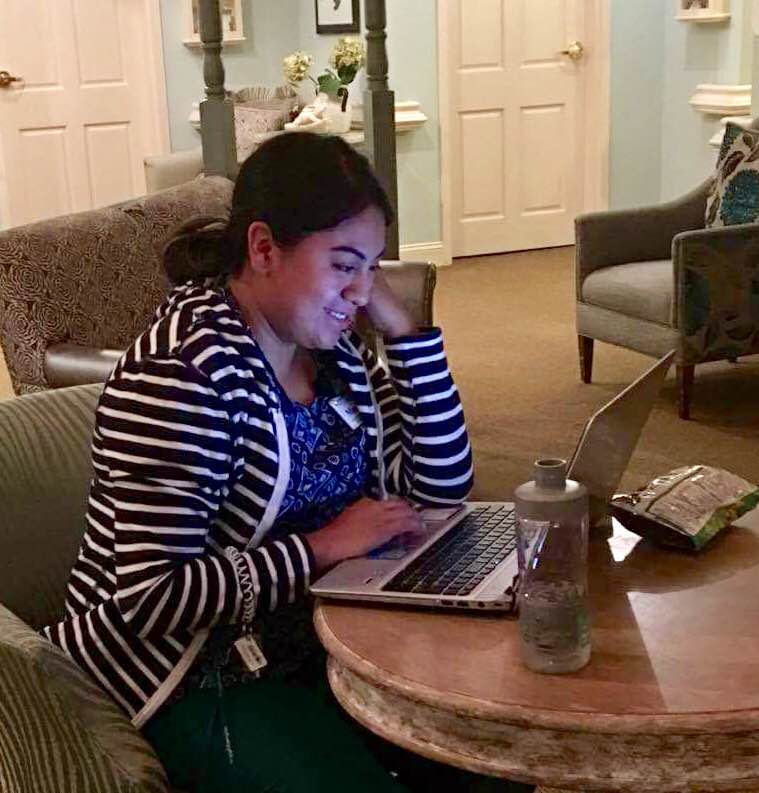
Karen Lopez
News Staff Writer
[email protected]
Pat McClellan, the assistant provost for academic administration at UNC Asheville, said the Deferred Action for Childhood Arrival students are lawfully admitted to UNC Asheville.
According to the Department of Homeland security, President Barack Obama created an executive order in June 2012, DACA applies to individuals who immigrated to the U.S. before the age of 16 and before June 2007.
A license and social security number are given to those who apply, but the deferred action does not provide lawful status.
McClellan said UNCA’s undocumented students pay out-of-state tuition and are not awarded state or federal aid as required by law.
“We do offer resource information to all students about alternative ways to finance their education on the financial aid website,” McClellan said.
According to the UNC Policy Manual formatted Nov. 2004, there are limitations and guidelines on the admission of undocumented students at UNC constituent institutions.
The policy states DACA students may not receive state or federal financial aid, they must be charged out-of-state tuition whether they reside in or graduated from a high school in NC and they cannot obtain professional licenses from specific programs offered by institutions.
Marlene Rangel, a sophomore student for the nursing program at Asheville-Buncombe Technical Community College, said her college journey has not been easy as a DACA student.
Rangel said the college does not allow undocumented students to register for classes at the same time as the rest of the students and because of this she has trouble registering and finding open classes.
“I just want to be a nurse in a hospital or clinic to help people that come when they are sick,” 22-year-old Rangel said.
According to the North Carolina Department of Justice, the attorney general Roy Cooper created an advisory letter in January 2014 stating that under federal and state law undocumented and DACA students are not eligible for in-state tuition, including community colleges.
Rangel resides in and graduated from high school in North Carolina, but because of her legal status, she is required to pay out-of-state tuition by the state-owned community college.
Unlike many other DACA students, Rangel luckily obtains a sponsorship through her job and a scholarship created for DACA students. The sponsorship allowed A-B Tech to grant her in-state tuition.
Rangel said she feels the right to have equal rights and opportunity because she has resided in North Carolina since she was an 8-year-old child. She graduated East Henderson High School and fluently speaks both Spanish and English.
Joshua Bledsoe, a college educator and DACA mentor, said immigration isn’t an issue; immigration remains about people’s lives and families thriving. He said immigrants are Americans who have dreams and aspirations and it is wrong to block them from college education.
“One student told me that he was just a carry-on where he came to the United States. How do you send a kid back to a country where they’ve never been or only been for a few years?” 31-year-old Bledsoe said.
As a college educator, Bledsoe said the former DACA and immigration subject changed his life and views.
“From my experience, Hispanic DACA students prove their dream is not a dream denied and they’re going to pursue it. It’s something that has impressed me about them,” Bledsoe said. “Although I’m a teacher, there’s always something I can learn about my students.”

















